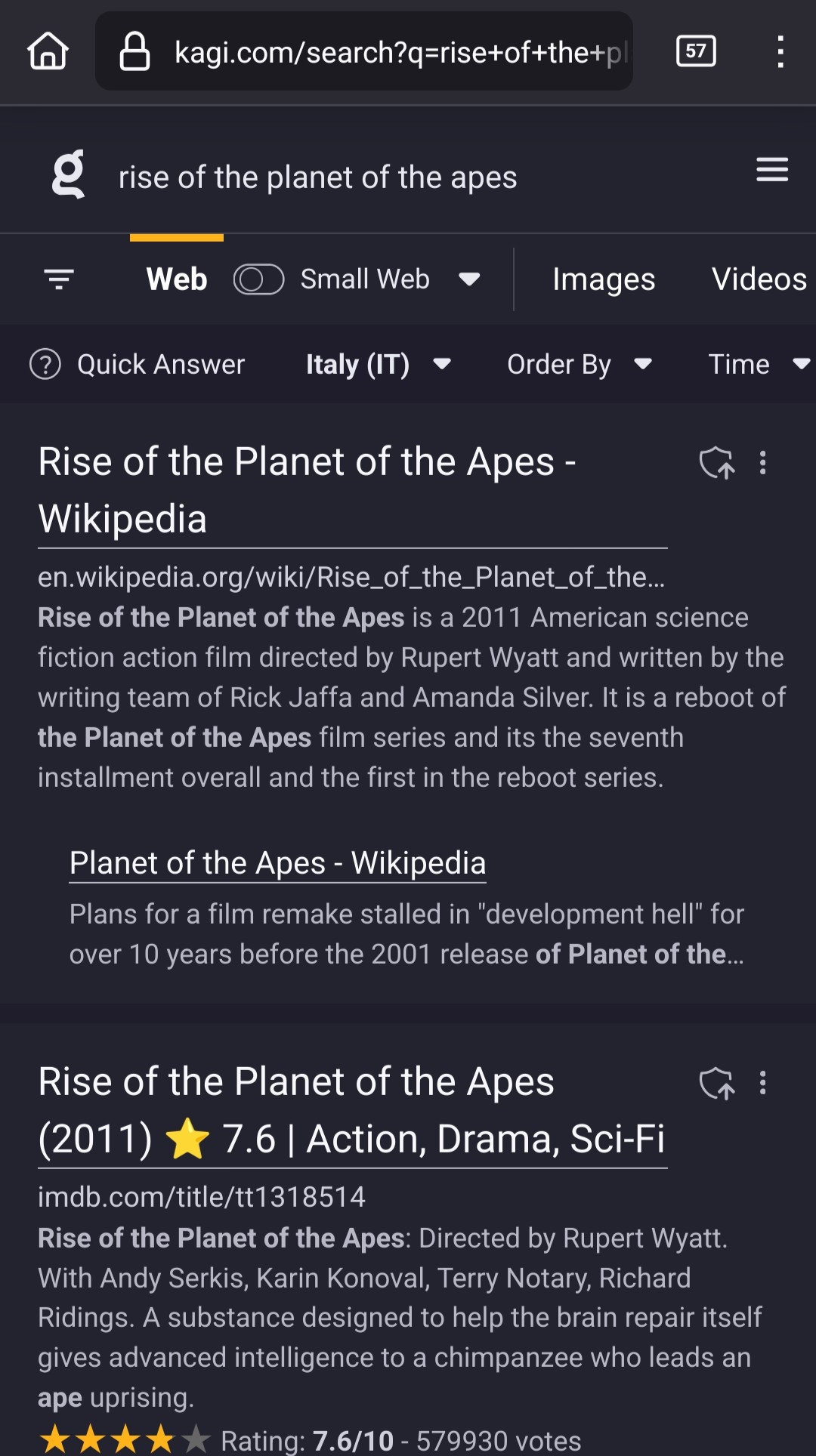

Agree on the versioning issue. In fact I mentioned that the issue is convenience here. It is also data corruption, but you probably are aware of that if you setup something like this. Manually merging changes is extremely annoying and eventually you end up forgetting it to do it, and you will discover it when you need to login sometime in the future (I used keepass for years in the past, this was constantly an issue for me). With any natively sync’d application this is not a problem at all. Hence +1 for convenience to bitwarden.
However KeePassXC’s sync feature does sync the vault.
How does it work though? From this I see you need to store the database in a cloud storage basically.
For mobile I just give syncthing full permission to run in the background and have never had issues with the syncing on the folders I designate.
I use this method for my notes (logseq). Never had synchronization problem, but a lot of battery drain if I let syncthing running in the background.
Nothing else passes through it unless you opt into using relaying in case you have NAT issues.
I guess this can be very common or even always the case for people using some ISPs. In general though, you are right. There is of course still the overall risk of compromise/CVEs etc. that can lead to your (encrypted) data being sent elsewhere, but if all your devices can establish direct connections between each other, your (encrypted) data is less exposed than using a fixed server.
If you are paranoid, the software is open source and you can host your own relays privately,
This would also defeat basically all the advantages of using keepass (and family) vs bitwarden. You would still have your data in an external server, you still need to manage a service (comparable to vaultwarden), and you don’t get all the extra benefits on bitwarden (like multi-user support etc.).
To be honest I don’t personally think that the disclosure of a password manager encrypted data is a big deal. As long as a proper password is used, and modern ciphers are used, even offline decryption is not going to be feasible, especially for the kind of people going after my passwords. Besides, for most people the risk of their client device(s) being compromised and their vault being accessible (encrypted) is in my opinion way higher than -say- Bitwarden cloud being compromised (the managed one). This means that for me there are no serious reasons to use something like keepass (anymore) and lose all the convenience that bitwarden gives. However, risk perception is personal ultimately.




Looking at keepassXC doc I couldn’t find such setup. Maybe it’s possible, but maybe it also leads to trouble down the road. The “official way” seems to use cloud storage.
I mention that but with a specific context.
And from my (consumer) PoV this is functionally equivalent to have the data stored on a server. It might not be all the data (at once), it might be that nobody dumps the memory, but I still need to assume that the encrypted data can be disclosed. Exactly the same assumption that should be made if you use bitwarden server.
Personally it doesn’t. As I said earlier, it’s way more likely that your entire vault can be taken away by compromising your end device, than a sophisticated attack that captures encrypted data. Even in this case, these tools are built to resist to that exact risk, so I am not really worried. However, if someone is worried about this in the case of bitwarden (there is a server, hence your data can be disclosed), then they should be worried also of these corner cases.
You can say many things, but that keepass + syncthing is easier is not one of them. It’s a bespoke configuration that needs to be repeated for each device, involving two tools. bitwarden (especially if you use the managed service) works out of the box, for all your devices with 0 setup + offers all features that keepass doesn’t have (I mentioned a few, maybe you don’t need them, but they exist).
At the time I did not use syncthing, I just used Drive (2014-2017 I think), and it was extremely annoying. The thing is, I don’t want to think about how to sync my password across devices, and since I moved to bitwarden I don’t have to. This way I don’t need to think about it, and also my whole family doesn’t have to. Win-win.
That said, if you are happy with your setup, more power to you. I like keepass, I love syncthing, I have nothing against either of them. I just came here to say that sometimes people overblow the risk of a server when it comes to a password manager. Good, audited code + good crypto standards means that the added risk is mininal. If you get convenience/features, it’s a win.